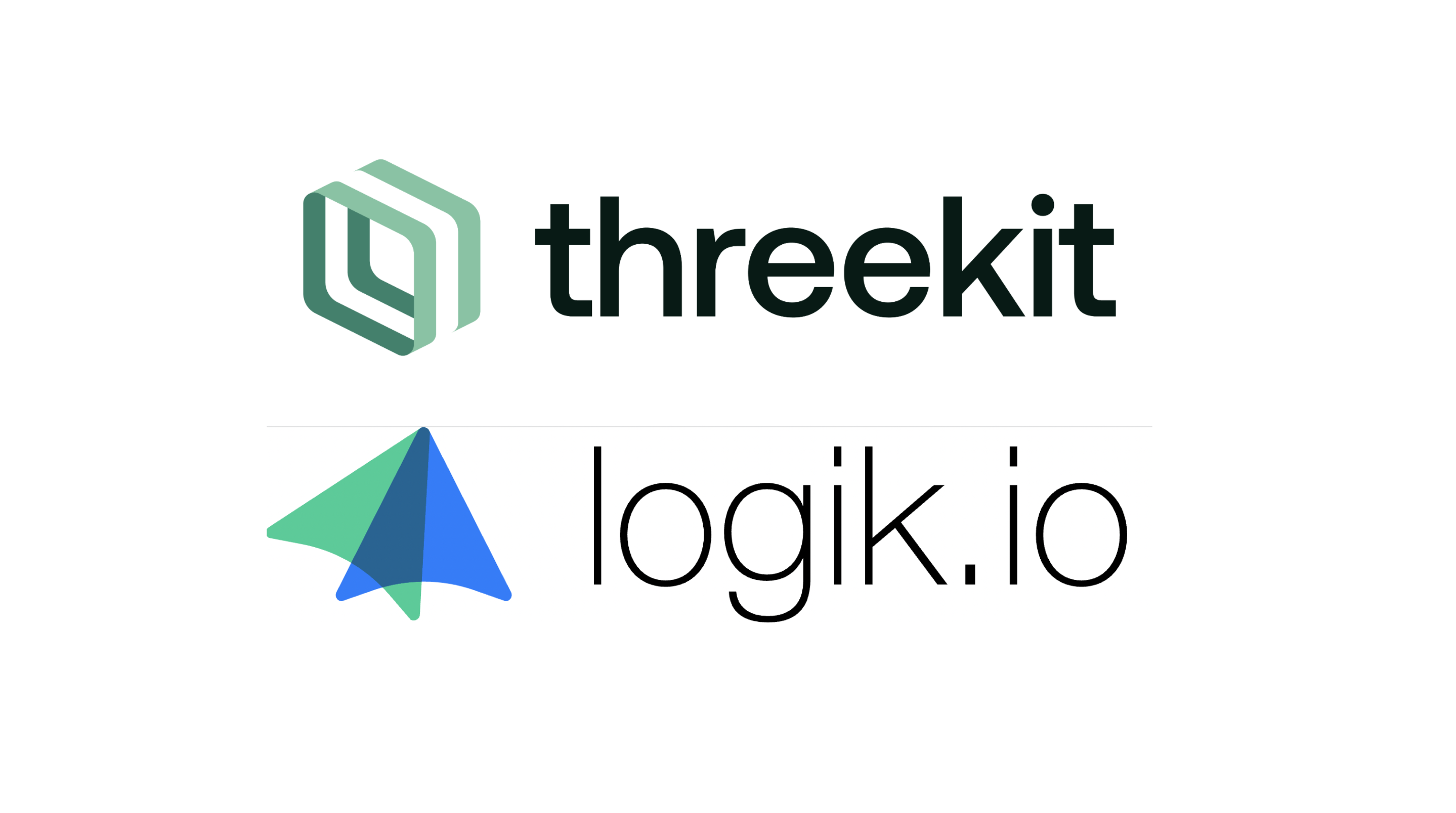Why Most AI "Smart" Product Discovery Tools Aren't Actually That Smart for Complex B2B Sales
Selling complex B2B products isn't like selling sneakers online. Yet many digital platforms seem to think they can solve every sales challenge with the same eCommerce playbook. Spoiler alert: they can't.
The eCommerce Fantasy vs. B2B Reality
Here's the thing about AI eCommerce search and discovery platforms, they're laser-focused on one outcome: getting people to click "buy now." That's great if you're selling phone cases or coffee mugs. But if you're in the business of doors, building materials, or custom manufacturing? That approach is about as useful as a chocolate teapot.
Companies in these industries know their customers aren't going to whip out their credit cards after browsing a few product pages. We're talking about purchases that might involve site visits, multiple stakeholders, dealer consultations, and approval processes that could take weeks or months. The goal isn't to rack up instant online sales. It's to generate quality leads and arm your sales team with the tools they need to close complex deals.
When "Simple" Becomes Simplistic
Traditional digital discovery tools are masters of handling what we like to call "vast but undifferentiated" product catalogs. Think thousands of similar items where the biggest challenge is helping customers filter through the noise. But throw product customization, complex configurations, or interdependent components into the mix? Suddenly, these platforms start showing their limitations.
Take a door manufacturer, for example. You're not just selling a door, you're selling a complete system with frames, hardware, glazing options, fire ratings, security features, and installation requirements that vary by building code. Good luck getting a standard eCommerce tool to handle that elegantly.
The Multi-Channel Reality Check
While AI eCommerce search solutions optimize everything for website conversions, real B2B sales happen everywhere except just your website. Your customers might start their research online, get specifications from a dealer, use a mobile app on-site, and finalize details through a sales portal. Each touchpoint serves different people with different needs, and they all need to work together seamlessly.
Beyond Basic AI: When "Smart" Actually Means Smart
Here's where things get interesting. Not all AI is created equal, and the difference becomes obvious when you're dealing with complex products:
Real AI vs. Fancy Decision Trees Advanced platforms use non-determinative AI that can actually think on its feet, adapting to unique customer situations rather than just following a preset script. They can update recommendations as they learn more about what you need, and they're honest when they're not sure about something.
Tools That Actually Match Your Workflow Need to match a photo of an existing product? Handle field service requests? Generate RFP responses? These aren't nice-to-have features. They're essential tools for how complex B2B sales actually work in the real world.

The Human Element Isn't Going Anywhere
Here's what AI eCommerce search platforms often miss: complex B2B sales aren't about eliminating human interaction; they're about making those interactions more valuable. A homeowner researching replacement windows, the contractor who'll install them, and the dealer who'll sell them all need different information and different levels of detail.
The best platforms recognize this and enhance human expertise rather than trying to replace it. They give your sales team better tools, your dealers more accurate information, and your customers the confidence that they're making the right choice for their specific situation.
Making the Smart Choice
If you're dealing with complex products and multi-channel sales, don't fall for the "eCommerce everything" hype. Ask yourself: does this platform understand how my industry actually works, or is it just trying to shoehorn my business into an Amazon-style checkout flow?
The right platform will embrace the complexity of your products and the sophistication of your sales process. It won't try to oversimplify what you do. It'll give you better tools to do it even better.
Because at the end of the day, selling complex B2B products isn't about finding the fastest path to checkout. It's about building relationships, providing expertise, and helping customers make informed decisions about purchases that really matter to their business. The technology should support that reality, not fight against it.


